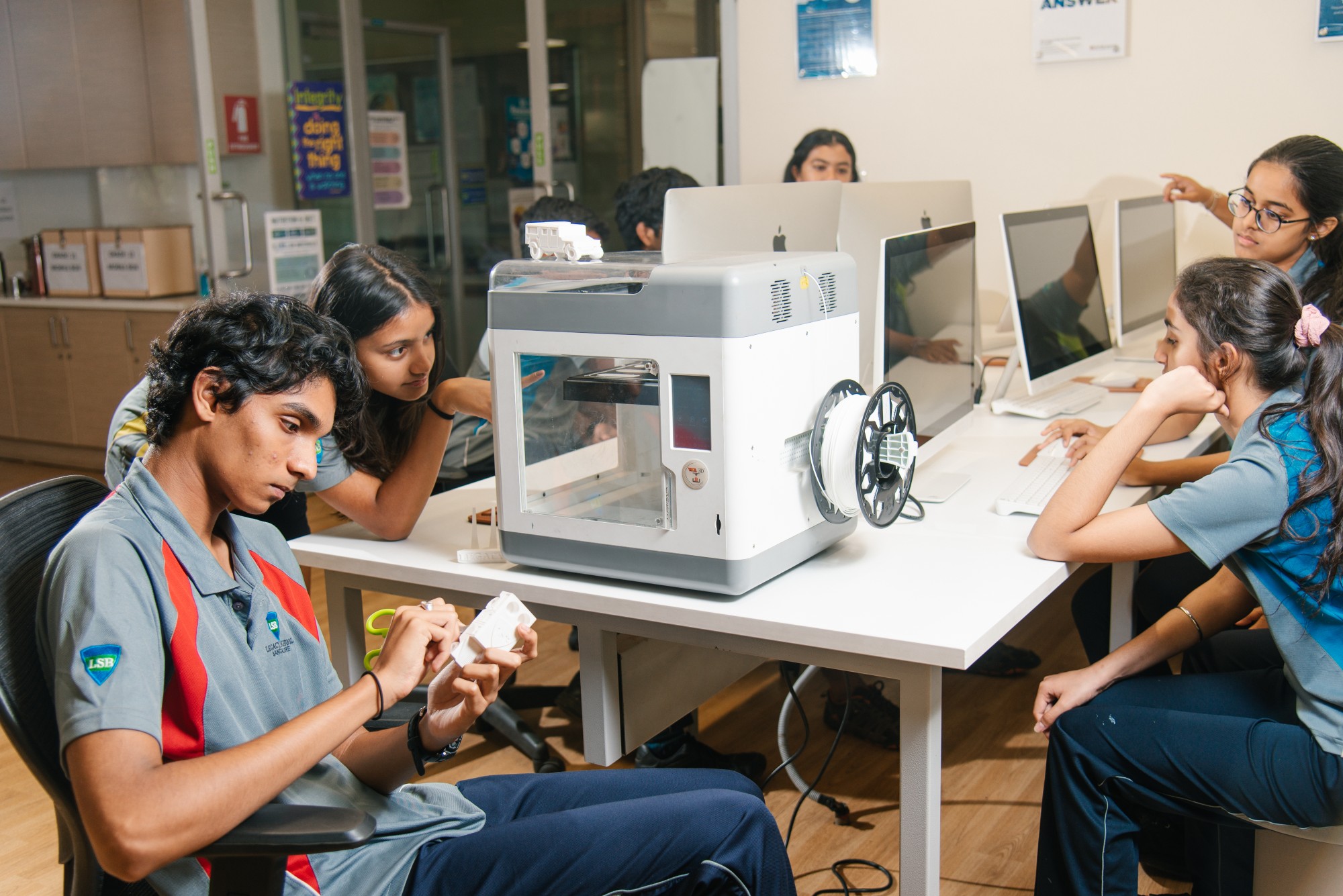Have you ever experienced burnout? Most of us have at some point, to some degree. Burnout is a response which is telling us, and forcing us, to pause and rest. It is a reset moment, to reflect, and re-evaluate what truly matters. It pushes us to rediscover a balance, realign our priorities and choose more consciously where we invest our energy.
Students today face many pressures and expectations which can be felt as demands that must be met. Alongside this, schools see students grappling with questions of self-worth, doubts, identity and belonging. The pressure to continuously strive for more and for better can leave them exhausted and unbalanced in terms of the range of life to which they give time. It can leave them feeling a sense of losing the joy that should be characteristic of childhood. Instead of exploration, discovery and playful learning, children can be carrying a burden of expectations that exceed what is sustainable as healthy or balanced.
So, what exactly is academic stress?
Academic stress occurs when the mental and emotional weight of the demands of schoolwork exceed a child’s ability to feel they can cope. It often stems from high expectations, fear of failure, peer competition, or an overloaded schedule. This is an unhealthy state, which can compromise students’ wellbeing and health. and If left unaddressed, this stress can lead to serious long-term consequences such as anxiety, burnout, and low self-esteem.
Here’s are some indicators of what academic stress might look like:
Physical signs:
- Frequent headaches
- Changes in appetite
- Anxiety-driven habits like nail-biting or hair-pulling
Emotional signs:
- Sudden mood swings or emotional outbursts
- Feelings of worthlessness or constant self-doubt
Behavioral signs:
- Procrastination or avoidance of school tasks
- A drop in academic performance despite effort
- Excessive perfectionism or fear of making mistakes
- Resistance or reluctance to attend school
Social signs:
- Avoidance of social interactions or group work
- Increased conflict with family or peers
- Persistent feelings of isolation or being misunderstood
As parents and educators, we play a critical role in preventing and easing the effects of academic stress. The best international schools in Bangalore like Legacy start by fostering open communication and creating safe, judgment-free spaces for children to express themselves as well as setting realistic expectations for students with the inclusion of the student’s voice. These schools also offer meaningful emotional support with trained professionals, and deliver learning through approaches which support co-ownership with students, invite student voice and feedback, and focus learning around the processes of exploration, discovery and collaborative interactions in which the learning process and effectiveness are valued above grades.
In our fast-paced, achievement-oriented world, children are under increasing academic pressure to excel. While challenges can certainly drive growth, excessive pressure does the opposite—it diminishes a child’s well-being. The goal should never be success at the expense of joy or mental health.
By staying alert to the signs of academic stress and responding with empathy, teachers, parents and friends can help nurture not just high-achieving students—but happy, confident, and resilient individuals.


